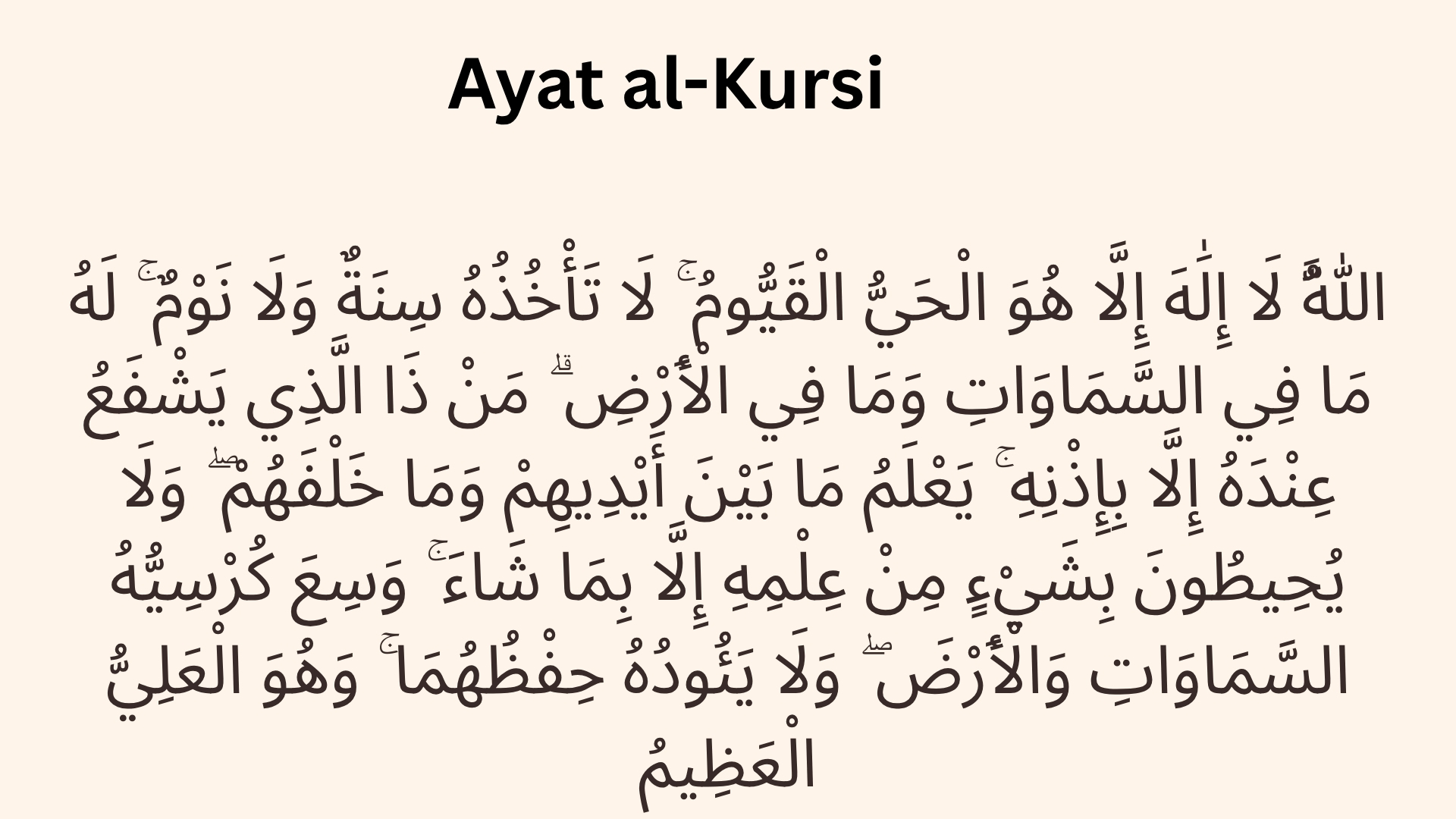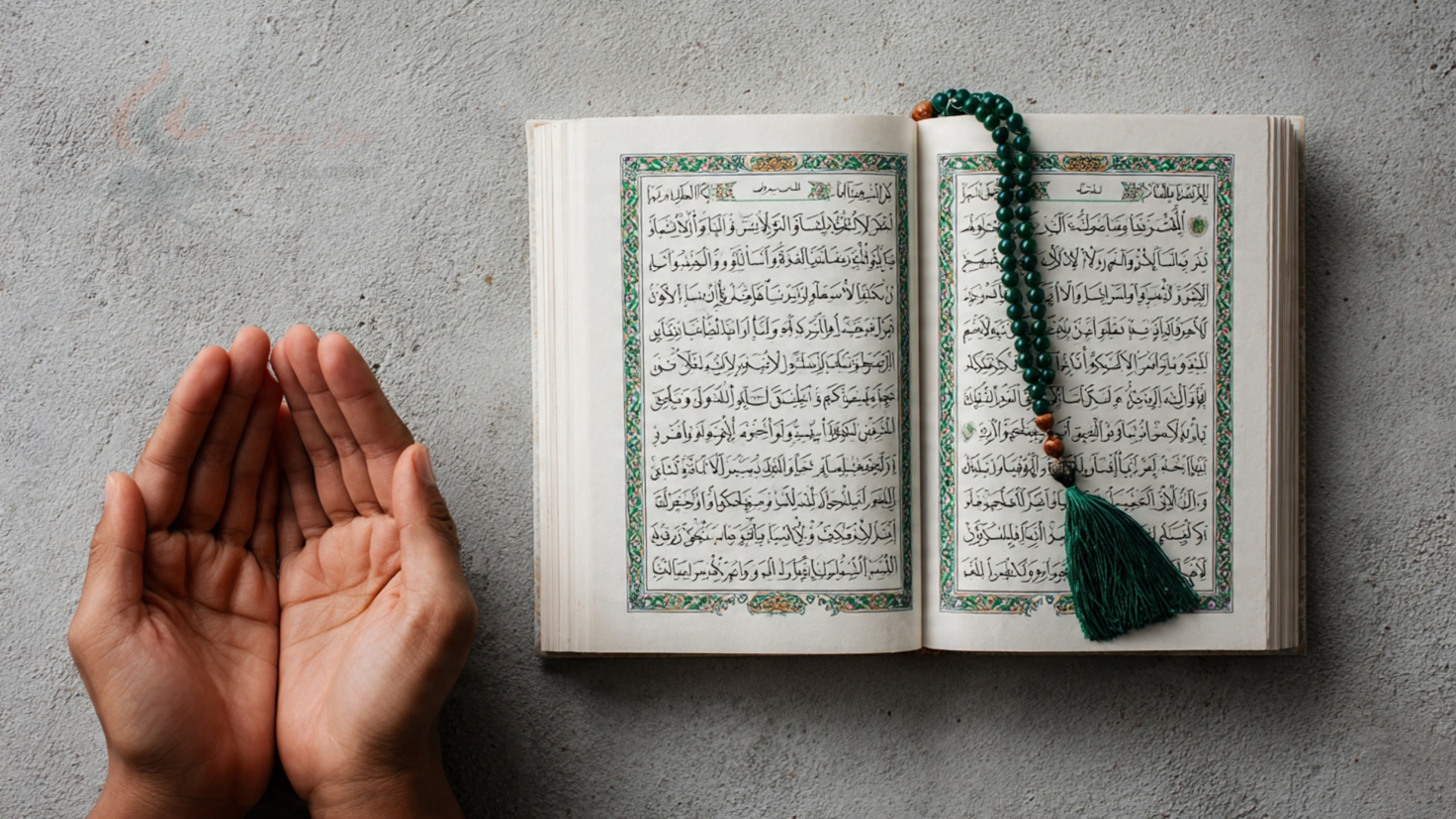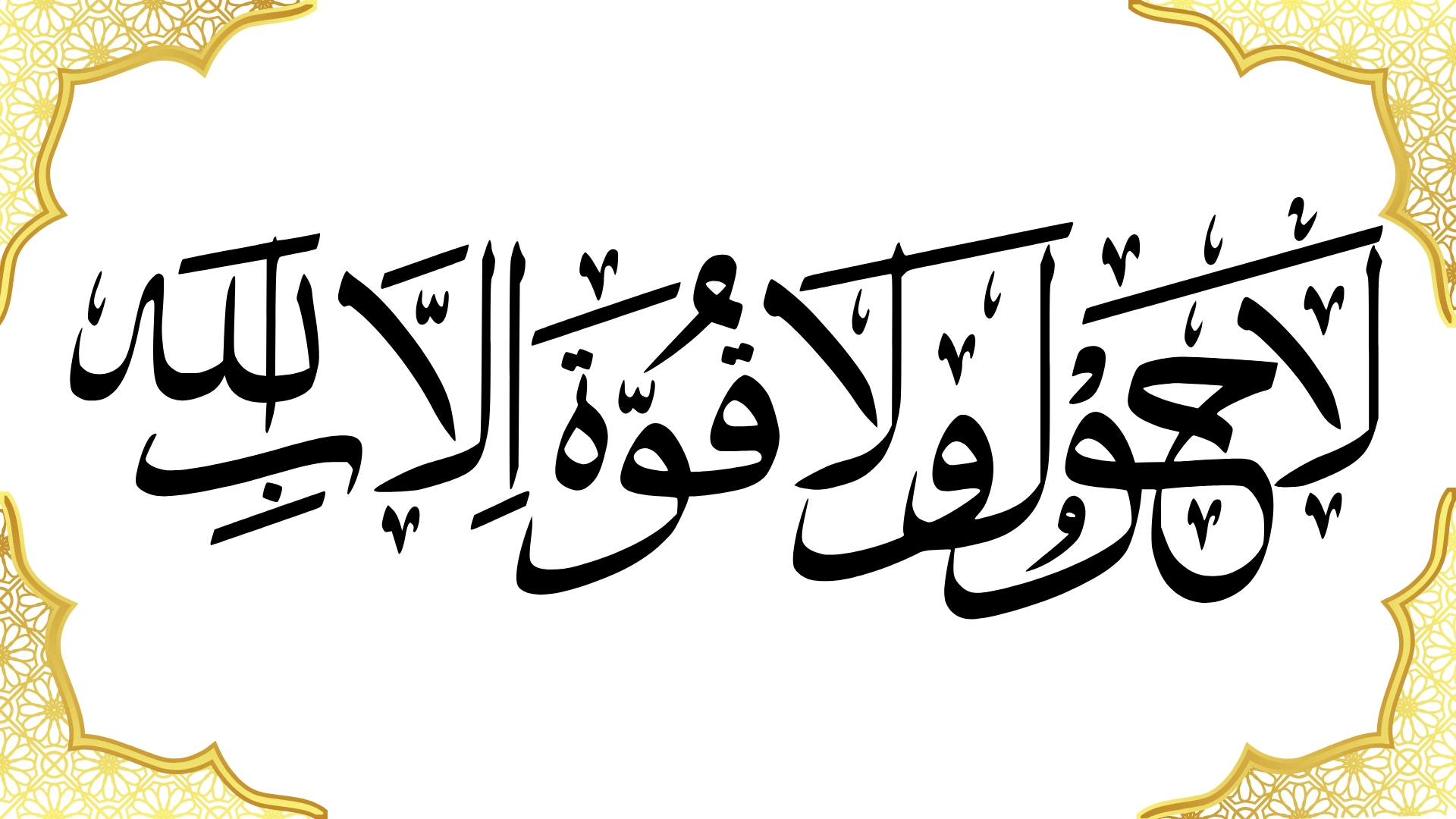Ayat al-Kursi, or the Verse of the Throne, is one of the most revered verses in the Quran. It is located in Surah Al-Baqarah (Chapter 2, Verse 255). This verse emphasizes Allah’s supreme power, eternal life, and boundless knowledge. Often called the greatest verse, Ayat al-Kursi connects believers with the essence of Islamic monotheism and divine authority.
Scholars and researchers have extensively highlighted the importance of Ayat al-Kursi. Many Islamic studies emphasize its protective and empowering qualities. Classical and modern scholars both stress its unmatched role in fostering faith and offering solace. Its significance is further supported by prophetic narrations, praising its ability to strengthen spiritual well-being and guard against harm.
Imagine starting your day with a divine shield. Ayat al-Kursi offers spiritual calm, protection, and a deeper connection to Allah’s majesty. It safeguards against unseen threats and nurtures faith with each recitation. Whether at home, traveling, or in prayer, this verse becomes a constant source of comfort and hope. Commit to its daily recitation, and experience its timeless blessings.
What is Ayat al-Kursi?
Ayat al-Kursi is called the “Verse of the Throne” because it highlights Allah’s supreme authority over the heavens and the earth. The unique name stems from the term Kursi, meaning “Throne,” symbolizing Allah’s boundless dominion. This verse is revered as a declaration of Allah’s eternal and unmatched greatness. Its recitation serves as a profound reflection of Islamic monotheism, emphasizing the oneness of Allah and His infinite capabilities.
Ayat al-Kursi Transliteration, English & Urdu Translation
اللَّهُ لَا إِلَٰهَ إِلَّا هُوَ الْحَيُّ الْقَيُّومُ ۚ لَا تَأْخُذُهُ سِنَةٌ وَلَا نَوْمٌ ۚ لَهُ مَا فِي السَّمَاوَاتِ وَمَا فِي الْأَرْضِ ۗ مَنْ ذَا الَّذِي يَشْفَعُ عِنْدَهُ إِلَّا بِإِذْنِهِ ۚ يَعْلَمُ مَا بَيْنَ أَيْدِيهِمْ وَمَا خَلْفَهُمْ ۖ وَلَا يُحِيطُونَ بِشَيْءٍ مِنْ عِلْمِهِ إِلَّا بِمَا شَاءَ ۚ وَسِعَ كُرْسِيُّهُ السَّمَاوَاتِ وَالْأَرْضَ ۖ وَلَا يَئُودُهُ حِفْظُهُمَا ۚ وَهُوَ الْعَلِيُّ الْعَظِيمُ
Allahu la ilaha illa Huwa, Al-Hayyul-Qayyum. La ta’khudhuhu sinatun wa la nawm. Lahu ma fis-samawati wa ma fil-ard. Man dha alladhi yashfa’u ‘indahu illa bi-idhnihi. Ya’lamu ma bayna aydihim wa ma khalfahum, wa la yuhituna bishay’in min ‘ilmihi illa bima sha’a. Wasi’a kursiyyuhus-samawati wal-ard, wa la ya’uduhu hifdhuhuma, wa Huwal-‘Aliyyul-‘Azim.
ترجمہ:
“اللہ، اس کے سوا کوئی معبود نہیں، وہ زندہ ہے، سب کو سنبھالنے والا ہے۔ نہ اسے اونگھ آتی ہے اور نہ نیند۔ جو کچھ آسمانوں میں ہے اور جو کچھ زمین میں ہے سب اسی کا ہے۔ کون ہے جو اس کی اجازت کے بغیر اس کے حضور سفارش کرے؟ وہ جانتا ہے جو ان کے سامنے ہے اور جو ان کے پیچھے ہے، اور وہ اس کے علم میں سے کسی چیز کا احاطہ نہیں کر سکتے مگر جتنا وہ چاہے۔ اس کی کرسی آسمانوں اور زمین کو گھیرے ہوئے ہے اور ان کی حفاظت اسے تھکاتی نہیں، اور وہ بلند اور عظیم ہے۔”
Translation
Allah! There is no deity except Him, the Ever-Living, the Sustainer of [all] existence. Neither drowsiness overtakes Him nor sleep. To Him belongs whatever is in the heavens and whatever is on the earth. Who is it that can intercede with Him except by His permission? He knows what is presently before them and what will be after them, and they encompass not a thing of His knowledge except for what He wills. His Kursi extends over the heavens and the earth, and their preservation tires Him not. And He is the Highest, the Most Great.

Tafseer (Explanation) of Ayat al-Kursi:
Ayat al-Kursi is verse 255 of Surah Al-Baqarah in the Quran and is considered the greatest verse in the Quran. It beautifully describes the attributes, power, knowledge, and majesty of Allah. Here’s a detailed explanation:
Allah’s Oneness and Attributes:
“Allah! There is no deity except Him, the Ever-Living, the Sustainer of [all] existence.”
This verse begins by affirming the oneness of Allah, declaring that He alone is worthy of worship.
- Al-Hayy (The Ever-Living): Allah’s life is eternal, without beginning or end.
- Al-Qayyum (The Sustainer): Allah sustains and maintains everything in existence. All creation depends on Him, while He is independent of all.
Allah’s Independence:
“Neither drowsiness overtakes Him nor sleep.”
Allah is free from human limitations such as fatigue or the need for rest. Unlike His creation, He is always vigilant and in control of everything. This highlights His perfection and absolute power.
Ownership of the Universe:
“To Him belongs whatever is in the heavens and whatever is on the earth.”
Everything in the heavens and the earth belongs to Allah. He is the Creator, Owner, and Master of all that exists. Nothing happens without His will.
The Authority of Intercession:
“Who is it that can intercede with Him except by His permission?”
No one can intercede on behalf of another in Allah’s presence unless He grants permission. This emphasizes Allah’s supreme authority and control over all matters, including intercession.
Allah’s Infinite Knowledge:
“He knows what is [presently] before them and what will be after them.”
Allah’s knowledge encompasses everything past, present, and future. He knows what lies ahead of His creation and what is behind them.
“And they encompass not a thing of His knowledge except for what He wills.”
No one can grasp even a fraction of Allah’s knowledge unless He allows it. This shows the vastness of His knowledge and the limitations of human understanding.
The Vastness of Allah’s Kursi:
“His Kursi extends over the heavens and the earth.”
The term “Kursi” is often interpreted as Allah’s throne or His supreme authority and knowledge. It signifies His dominion and control over the entire universe.
Effortless Preservation:
“And their preservation tires Him not.”
The maintenance and protection of the heavens and the earth do not cause Allah any fatigue. This highlights His limitless power and ability to sustain all creation effortlessly.
Allah’s Majesty and Greatness:
“And He is the Most High, the Most Great.”
Allah is exalted above all His creation in every sense—His essence, attributes, and actions. He is the greatest, and nothing compares to Him.
Virtues of Ayat al-Kursi:
- It is described in hadiths as the greatest verse in the Quran.
- Reciting it provides protection from evil and is a means of seeking Allah’s blessings.
- It is recommended to recite it after every prayer and before sleeping for spiritual and physical protection.
This verse is a powerful reminder of Allah’s greatness and serves as a source of comfort and strength for believers.
The Central Themes of Ayat al-Kursi
Profound Monotheism
Ayat al-Kursi serves as an unequivocal statement of Allah’s oneness. It begins by rejecting all deities except Allah. This sets the foundation for the Islamic faith, which is rooted in believing in tawhid—the concept of monotheism.
Unique Attributes of Allah
The verse emphasizes Allah’s eternal life (al-Hayy) and His self-sustaining nature (al-Qayyum). He is not bound by mortal limitations, such as rest or fatigue. This distinctiveness elevates Allah far above His creation.
Omniscient Knowledge
Allah knows everything—past, present, and future. Nothing escapes His divine awareness. Additionally, His infinite knowledge surpasses human comprehension.
Supreme Authority
The verse stresses Allah’s dominion over the heavens, the earth, and everything within them. No entity can act without His will. The reference to the Chair (Kursi) signifies His majestic control over the universe.
Protection and Sustenance
Allah’s governance is tireless. He continuously preserves creation without effort. This conveys a sense of reliability and trustworthiness for believers.
Transcendence
Allah’s attributes as Al-‘Aliyy (The Most High) and Al-‘Azim (The Most Great) establish His power as unparalleled. He exists beyond human constraints and limitations.
Significance in Islamic Tradition
Prophet Muhammad (peace be upon him) referred to it as the greatest verse in the Quran. Its importance lies in its ability to encapsulate the essence of Allah’s attributes, offering guidance and protection.
Greatest Verse in the Quran
According to Sahih Muslim, when the Prophet Muhammad (peace be upon him) asked his companion Ubayy ibn Ka’b about the greatest verse, he recited Ayat al-Kursi. The Prophet affirmed his response, highlighting its unmatched status.
Reward and Protection
It is narrated in Sunan al-Tirmidhi that reciting Ayat al-Kursi after every obligatory prayer brings the reward of entering Paradise.
Spiritual Elevation
Ayat al-Kursi reminds Muslims of Allah’s greatness and provides a spiritual connection. The verse reaffirms faith and inspires trust in Allah’s absolute control.
Daily Applications of Ayat al-Kursi
Protection from Harm
Recitation of Ayat al-Kursi is a common practice for protection. Whether at home or outside, it is believed to ward off evil influences and guard believers against unseen dangers.
- Bedtime Recitation
- Protection During Travel
Spiritual Fortification
This practice fosters mindfulness of His presence, which can be a source of comfort and inner peace.
Enhancement of Daily Prayers
Scholars recommend reciting Ayat al-Kursi after each of the five daily prayers. Doing so invites blessings and assures divine care.
Overcoming Fear and Anxiety
For those experiencing worry or restlessness, Ayat al-Kursi provides solace. Believers feel reassured by the reminder of Allah’s omnipotence and unyielding protection.
For Homes and Families
Muslims often recite Ayat al-Kursi to bless their living spaces. It is believed that reciting this verse within a home keeps satanic influences and evil spirits at bay.
Practical Tips for Memorization and Implementation
Memorizing Ayat al-Kursi is highly encouraged. Simple and consistent steps can make this achievable for anyone.
Listen Regularly
Engage with its recitation through audio or video recordings. Repetition enhances familiarity with the verse.
Understand Its Meaning
Learning the translation of Ayat al-Kursi deepens comprehension. This can make recitation more meaningful.
Break it Into Sections
Memorize the verse in small segments. Mastering one section at a time reduces overwhelm.
Recite in Prayers
Incorporate Ayat al-Kursi into daily prayers to reinforce both memorization and connection to its message.
A Unique Perspective on Its Timeless Relevance
Ayat al-Kursi transcends time and age. Its principles remain relevant across all facets of life. It reminds humanity of Allah’s supreme authority and inspires unwavering faith amidst worldly challenges. Whether facing personal struggles or global uncertainties, this verse serves as a universal anchor of hope, offering guidance and comfort to believers.
The verse also teaches humility. By acknowledging Allah’s vast knowledge and control, individuals are encouraged to surrender to His wisdom and grow in trust. Its protective properties not only safeguard believers but also enrich their lives spiritually and emotionally.
Conclusion
Ayat al-Kursi is more than a verse; it is a spiritual refuge, a source of protection, and a gateway to understanding Allah’s greatness. Its daily recitation fosters a sense of peace, safety, and mindfulness. For those seeking divine connection, Ayat al-Kursi serves as a timeless testament to the mercy, majesty, and magnificence of Allah. Incorporate it into your life, and experience its profound impact, a small act with infinite benefits.




